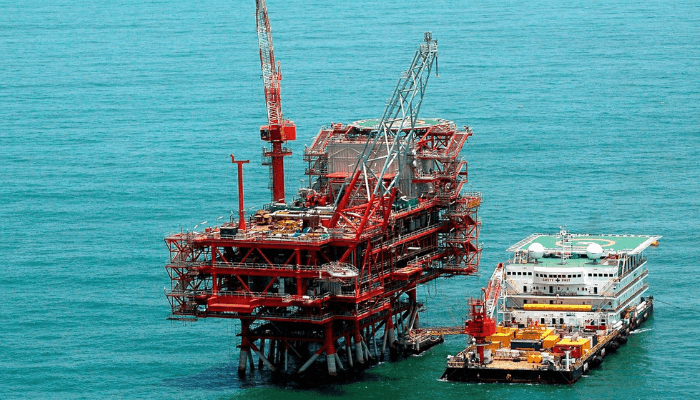In a welcome development for Nigeria’s oil and gas sector, French energy giant TotalEnergies has begun production on its long-awaited Akpo deep-water project, located 200 kilometers offshore in Oil Mining Licence (OML) 130.
Akpo West is located in deep-water OML 130 which also hosts the supermajor’s big Akpo and Egina fields, currently producing from two separate floating production, storage and offloading vessels, which began operations in 2009 and was producing 124,000 barrels of oil equivalent per day in 2023.
Read also: TotalEnergies, NNPC fund MIT training for over 90 lecturers
Expected 0utput of the Akpo west field
By the middle of 2024, it is projected that the Akpo West field will contribute an additional 14,000 barrels of condensate every day. By the year 2028, it is anticipated to add up to 4 million cubic meters of gas on a daily basis. The development of the Akpo West field is designed to optimise costs and minimize greenhouse gas emissions through the utilization of the existing infrastructure of the Akpo facilities.
Carbon intensity and TotalEnergies’ portfolio
The project is projected to have a carbon intensity of less than 5 kg CO2e/boe, which will aid in reducing the overall carbon intensity of the TotalEnergies’ portfolio.
Mike Sangster, the senior vice president Africa, exploration and production at TotalEnergies, stressed the strategic alignment of the Akpo West project with the company’s focus on low-cost and low-emission projects.
Read also: TotalEnergies says Nigeria houses 18% of firm global investment
A boost for Nigeria & TotalEnergies
The initiative is set to enhance the output of the existing Akpo facilities by tapping into nearby resources.
This project fortifies TotalEnergies’ strong presence in Nigeria and promises to rapidly create value for the country, the company, and its partners.
TotalEnergies holds a 24percent interest in the PML2 operation, alongside partners CNOOC (45%), Sapetro (15%), Prime 130 (16%), and the Nigerian National Petroleum Company Ltd, which is the concessionaire of the Production Sharing Contract (PSC).

